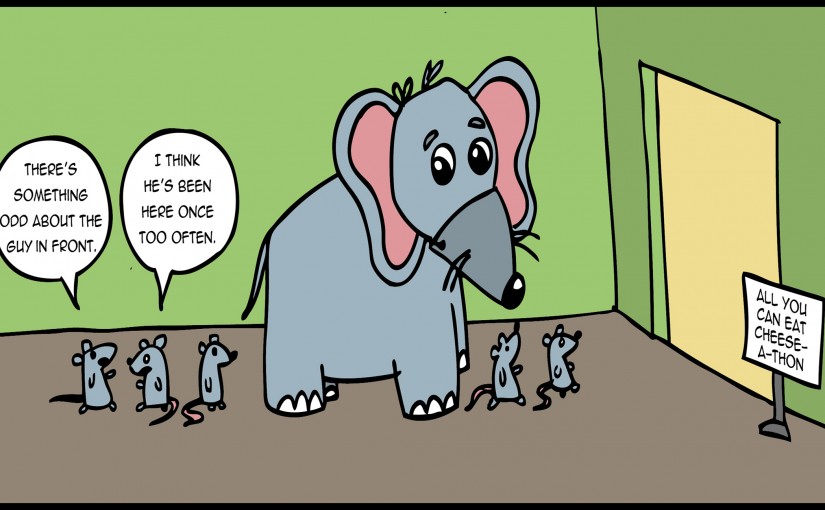No set of guidelines is complete without saying not to cheat. It is obvious to most people, but there are still a few slow swimmers who haven’t learnt this lesson yet. They have got away with it thus far so they think they can continue to do so.
Well perhaps you can, but if you’re caught it will destroy any hope of graduating or getting a reference from your supervisor. The risk is completely and totally not worth the reward.
Plagiarising and altering data are the fastest and easiest ways to fail your degree. If you are stressed because you have no data, there are always paths to achieve this honestly. Computers have long memories and spot data manipulation and plagiarism easily.
In the end it comes down to this:
- People who comprehensively and logically explain why their research failed still pass their degrees.
- People who cheat fail their degrees.
Read Personal Perspective
There was a boy in my undergraduate degree who pasted a single paragraph from a review into his dissertation. Why he felt the need to do this – when he’d written the rest of the lengthy project – is probably not even known to him, but the consequence was that he got zero for the piece. The university considered this lenient as they often expelled people, but his degree still dropped a grade and he no longer fit the criteria for the job he had lined up.
